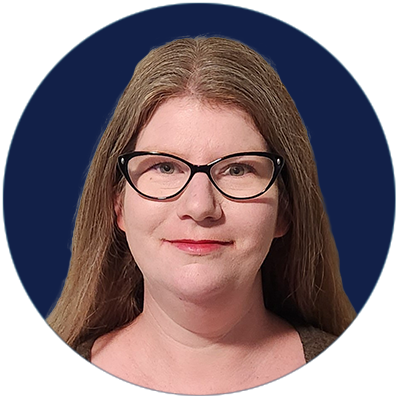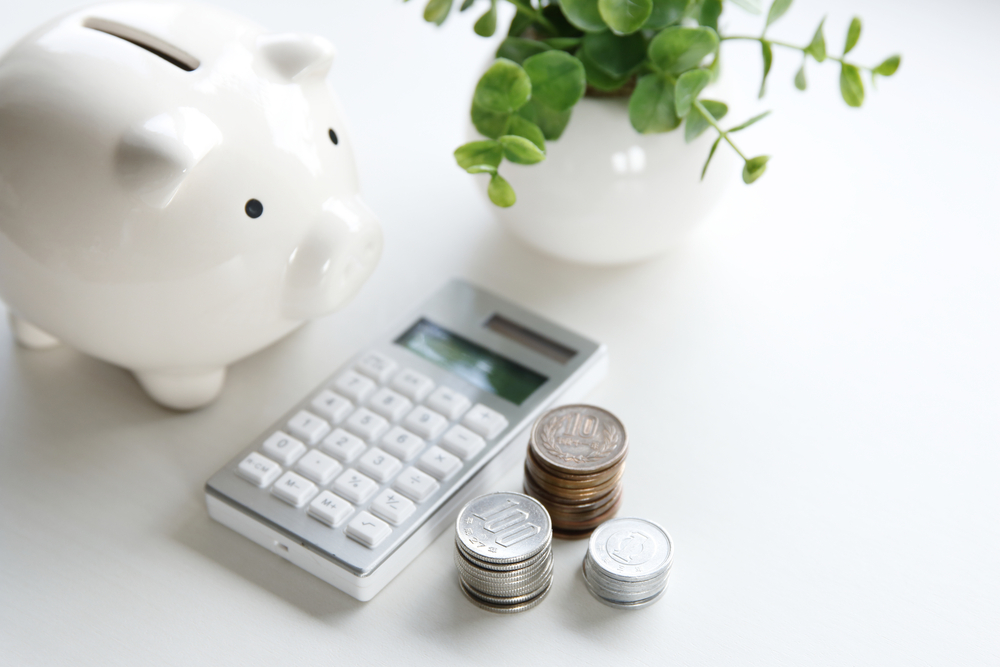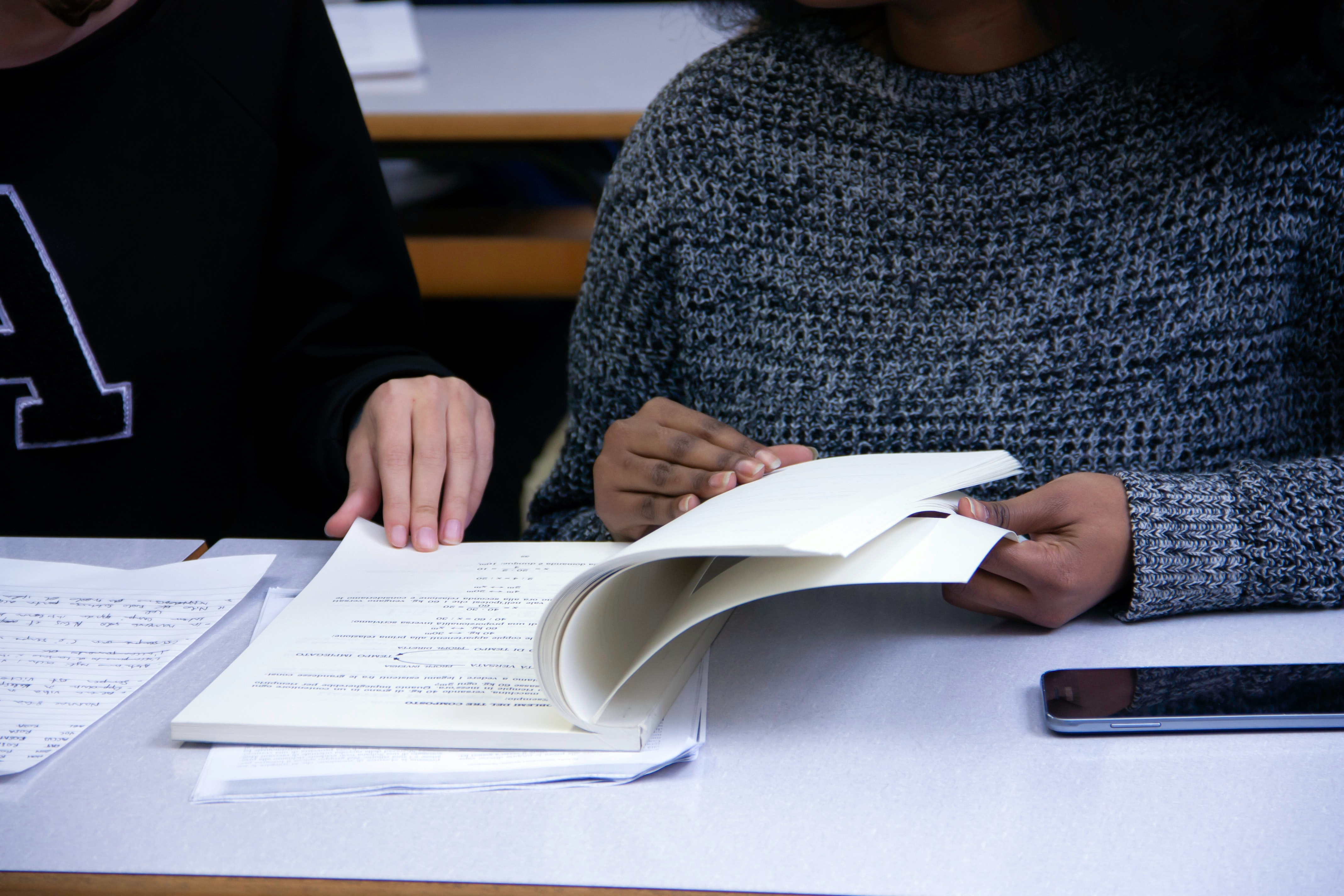
We are always so excited to have our students share their experiences, tips, and challenges with our audience. In this article, Becker student and 2023 winner of the Elijah Watt Sells Award, Tina Sarkissian provided tips to help other candidates pass the CPA Exam!
Since being announced as an Elijah Watt Sells award winner, people have asked the same question: “what are your study tips for the CPA exams?” My response was always the same: “do what works best for you.”
While at first this advice seems vague, there are several layers to this answer.
Know the best conditions for you to focus
The first step is to understand which conditions allow you to focus the most. Consider the following questions:
- Time: Do you learn best in the morning, in the afternoon, or in the evening?
- People: Do you prefer to study at home without people around, at the library surrounded by others, or somewhere else?
- Duration: Do you prefer to break up your studying into chunks over the course of the day, or get it all done at once?
- Distraction: Do you find that background noise such as music or TV helps or hurts? If you are not sure which conditions allow you to focus the most, keep trying different ones until you discover what works.
Of course, even if you know your optimal circumstances, it does not mean you will be able to achieve them. If you are not able to achieve optimal study circumstances, try compromising in certain areas or tricking yourself into believing you are in those circumstances.
For example, if you study best at home without others around but only have time to study after work in the office, try finding a quiet location or using headphones to block out noise. Maybe try finding a way to orient yourself so you are not able see there are people around or using the same desk every time to build some comfort with your surroundings.
Knowing the best way to study
The next step is to understand which method(s) of studying allow you to comprehend and retain the most information. Do you learn best by listening to lectures, reading the material, writing study guides, doing practice questions, explaining concepts to others, or some combination of the above? Focusing on the types that resonate with you most allows for greater efficiency.
Personally, my strength is learning by reading, and my weakness is learning by listening, so I would read a page of the Becker material before listening to the corresponding lecture for additional clarification and insight. Then, I did practice questions for each topic.
Each morning, I would add topics from the previous day to my study guide, read the full study guide, and revisit multiple choice questions I missed before to reinforce concepts over time and build my long-term memory. However, every individual is different, so take time to learn which techniques work best for you and build your study routine based on that.
Choose the right CPA Exam Review course
Furthermore, choosing an exam preparation course that fits your study technique preferences is key. I chose Becker because it offered the most amount of flexibility in setting my study schedule and choice in study methods. Additionally, you may wish to supplement your chosen exam preparation course with other materials such as AICPA practice exams and other online resources for greater variety.
General tips to study for the CPA Exam:
Regardless of personal preference, there are some general tips I would advise:
- Use free time wisely to clear your head. Spending too much time every day studying can be detrimental in the long run.
- Take small breaks during study sessions to keep yourself motivated. I am a big fan of the Pomodoro Technique, which recommends 25 minutes of focused work/study time followed by a 5-minute break, but the length of time of each interval can be adjusted.
- If you have not started working full-time yet, try to finish some, if not all, of the exams beforehand. At the same time, try not to start studying too early if you will not be able to retain the knowledge for the exams.
- If you are still in college and plan to take the exams, try taking classes that cover the various areas of the CPA exam so you have familiarity with the topics. For example, since REG includes business law, consider taking a Business Law class.
- Look into whether your firm/company offers study resources. Some firms provide exam preparation courses for free, while others may have sabbatical programs for extended paid leave to take the exams.
- BELIEVE IN YOURSELF!!! You can and will pass the exams.
In conclusion, I believe studying is a science, not a mystery. The study process will be made easier by optimizing your circumstances and study techniques, so be sure to take time to understand your preferences before diving in. I hope this article will help you create study plans and routines that complement your style. Good luck studying!








